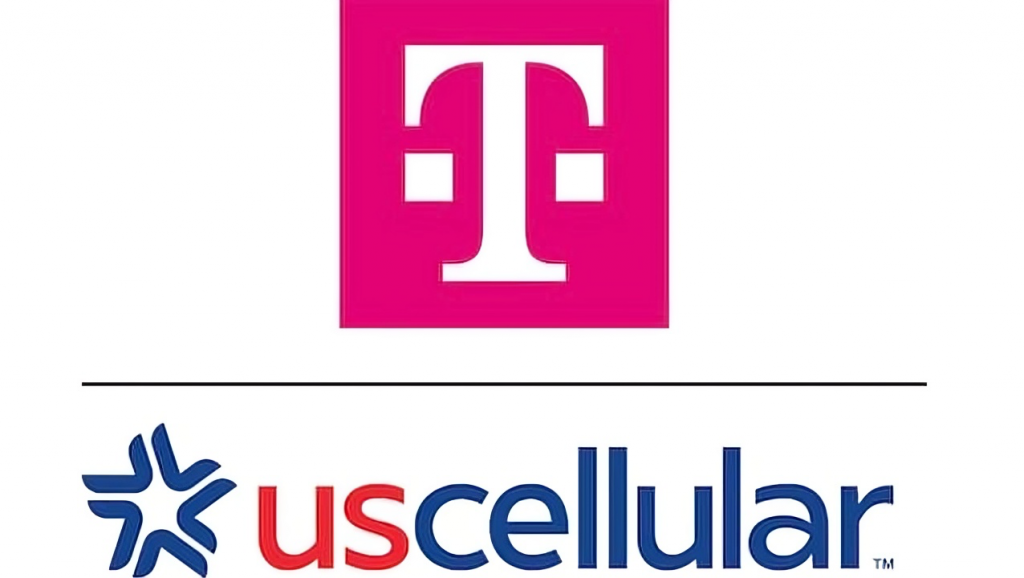- T‑Mobile completes $4.4 billion deal to acquire UScellular’s wireless operations and 30% of its spectrum assets.
- The U.S. Department of Justice approves the merger, citing benefits to network quality and rural expansion.
What happened: Acquisition and DOJ Approval
On July 10, 2025, T‑Mobile announced its $4.4 billion acquisition of United States Cellular’s wireless operations and spectrum assets. T‑Mobile CEO Mike Sievert confirms the purchase includes about 30 percent of UScellular’s spectrum, over 4 million customers, and more than 2,000 cell towers via a master lease agreement with UScellular. The U.S. Department of Justice granted antitrust approval, stating that UScellular lacked capital to compete and that the acquisition would enhance network service, especially in rural areas. DOJ Antitrust Chief Gail Slater emphasized that this consolidation aligns with current policy and does not harm competition. External link can be inserted on ‘U.S. Department of Justice’ to DOJ’s official announcement page.
T‑Mobile will assume roughly $2 billion in UScellular debt, with closing expected mid‑2025. UScellular will retain the remaining 70 percent of its spectrum and tower assets, while T‑Mobile extends lease agreements on existing infrastructure. As part of the transition, UScellular customers gain access to T‑Mobile’s 5G network at no extra cost or can keep their current plans. External link can be inserted on ‘T‑Mobile 5G network’ to T‑Mobile’s official 5G coverage page.
Also read: US firms band together in challenge to T-Mobile and UScellular
Also read: Why are telecom stocks down?
Why it’s important
This merger underscores a key shift in U.S. telecom, where consolidation among the Big 3—T‑Mobile, Verizon, and AT&T—continues amid evolving antitrust policies. DOJ’s approval reflects a softer stance, as it recently greenlit deals totaling over $63 billion. Analysts warn, however, that spectrum aggregation may reduce long‑term competition even as short‑term consumer benefits emerge.
For consumers, the expanded coverage promises faster speeds and broader access, especially where UScellular was previously the only provider. Yet fewer providers in rural markets may reduce choices despite lower prices.
Competitors now face pressure to match T‑Mobile’s scale or pursue their own M&A strategies. Verizon and AT&T may accelerate spectrum acquisitions, potentially triggering regulatory scrutiny.

